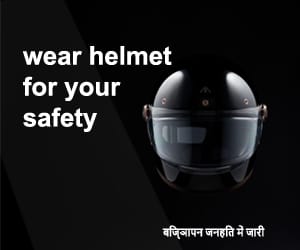Odisha Hour: Never ever undermine the irritating climate in this rainy season. As the body gets hotter, blood vessels open up. This leads to lower blood pressure and makes the heart work harder to push the blood around the body.
This can cause mild symptoms such as an itchy heat rash or swollen feet as blood vessels become leaky.
At the same time, sweating leads to the loss of fluids and salt and, crucially, the balance between them in the body changes.
This, combined with the lowered blood pressure, can lead to heat exhaustion. Symptoms include:
• dizziness
• nausea
• fainting
• confusion
• muscle cramps
• headaches
• heavy sweating
• tiredness
If blood pressure drops too far, the risk of heart attacks rises.
What impact on body
Our bodies strive to keep a core temperature of about 37.5C whether we’re in a snowstorm or a heatwave.
It is the temperature our bodies have evolved to work at.
But as the weather gets hotter, the body has to work harder to keep its core temperature down.
It opens more blood vessels near the skin to lose heat to our surroundings and starts sweating.
As the sweat evaporates, it dramatically increases the heat lost from the skin.
You should do if see someone with heat exhaustion..
If they can be cooled down within half an hour, then heat exhaustion is not normally serious.
• Move them to a cool place.
• Get them to lie down and raise their feet slightly
• Get them to drink plenty of water – sports or rehydration drinks are also OK
• Cool their skin – spray or sponge them with cool water and fan them. Cold packs around the armpits or neck are good too
However, if they do not recover within 30 minutes, then what follows is heat stroke.
It is a medical emergency and you should call 999.
People with heat stroke may stop sweating even though they are too hot, their temperature may pass 40C and they may have seizures or lose consciousness.
How do keep cool and relaxed…
Make sure you’re drinking enough water or milk. Tea and coffee are also fine. The one to watch out for is excessive alcohol as it can increase the risk of dehydration.
If it’s hotter outside than inside your home, then you might be better off keeping the windows closed and the curtains drawn.


